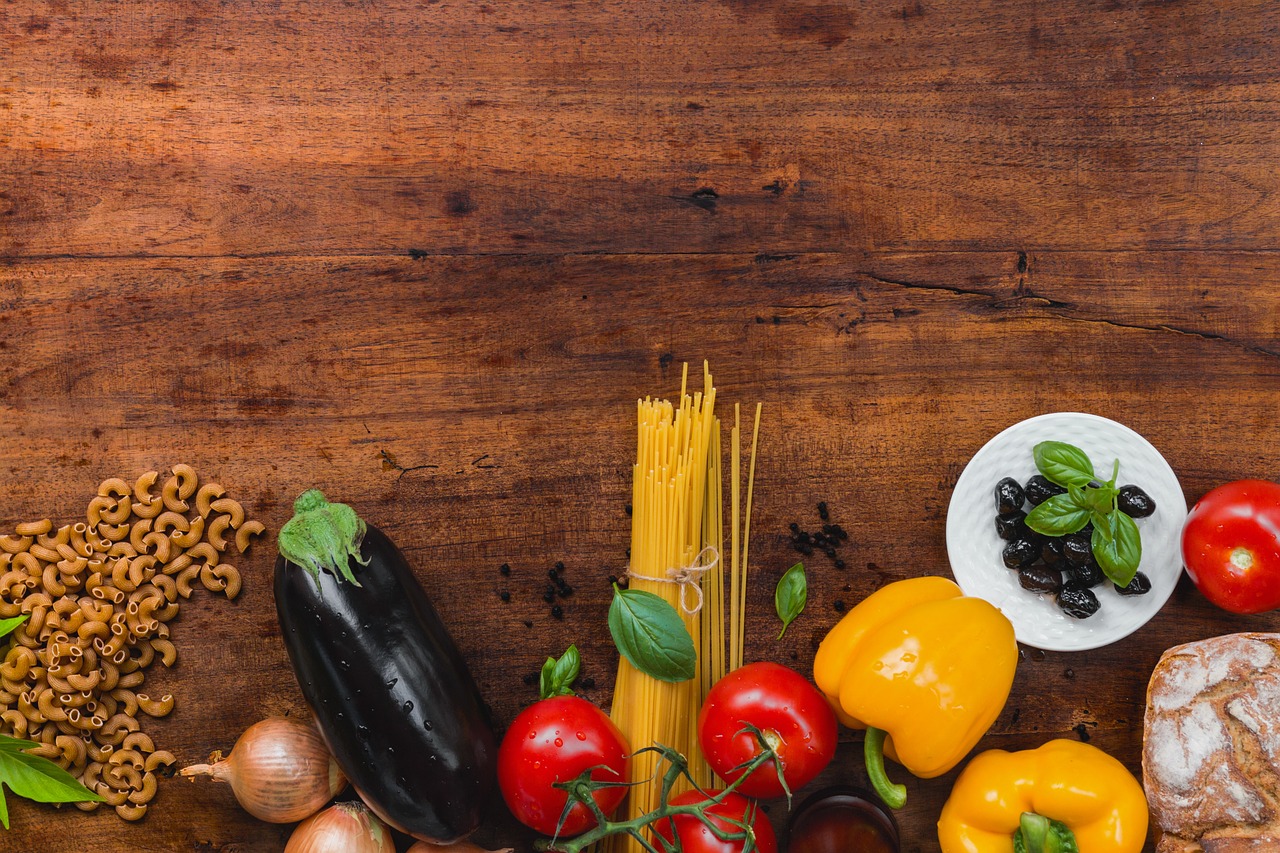Transitioning to a vegan diet is not only beneficial for ethical and environmental reasons but also offers significant health benefits, particularly for weight loss. A well-structured vegan weight loss meal plan can help you shed extra pounds while ensuring you get the essential nutrients your body needs. This guide will delve into how to create an effective vegan meal plan for weight loss, focusing on balanced nutrition, portion control, and sustainable eating habits.
Why Choose a Vegan Diet for Weight Loss?
Nutrient-Rich and Low-Calorie Foods
A vegan diet primarily consists of fruits, vegetables, whole grains, legumes, nuts, and seeds. These foods are typically high in fiber, vitamins, and minerals while being lower in calories compared to animal-based products. This nutrient density helps you feel full and satisfied, reducing the likelihood of overeating.
Improved Digestion and Metabolism
High fiber content in plant-based foods promotes healthy digestion and regular bowel movements. A well-functioning digestive system can enhance your metabolism, aiding in more efficient calorie burning and weight management.
Lower Saturated Fats
Vegan diets generally contain lower levels of saturated fats, which are commonly found in animal products. Reducing saturated fat intake can help lower cholesterol levels and reduce the risk of heart disease, making it easier to maintain a healthy weight.
Building a Vegan Weight Loss Meal Plan
Focus on Whole Foods
Whole foods should be the cornerstone of your vegan weight loss meal plan. These include unprocessed or minimally processed foods such as:
- Fresh fruits and vegetables
- Whole grains like quinoa, brown rice, and oats
- Legumes such as beans, lentils, and chickpeas
- Nuts and seeds in moderation
Balance Macronutrients
Ensure your meals are balanced with adequate amounts of macronutrients:
- Protein: Include plant-based protein sources such as tofu, tempeh, edamame, lentils, chickpeas, and black beans. Protein helps build and repair muscles, keeps you satiated, and supports metabolic health.
- Carbohydrates: Opt for complex carbohydrates like whole grains, fruits, and vegetables. These provide sustained energy and are rich in essential vitamins and minerals.
- Fats: Healthy fats are crucial for overall health. Incorporate sources like avocados, nuts, seeds, and olive oil. These fats support brain health and hormone regulation.
Portion Control
Even healthy foods can lead to weight gain if consumed in large quantities. Pay attention to portion sizes and try to eat mindfully. Using smaller plates, eating slowly, and being aware of hunger cues can help you avoid overeating.
Plan and Prep Your Meals
Planning and prepping your meals in advance can make sticking to your vegan weight loss meal plan easier. Batch cooking and portioning meals can save time and prevent the temptation of reaching for less healthy options when you’re hungry.
Stay Hydrated
Drinking plenty of water is essential for weight loss. Sometimes, our bodies can confuse thirst with hunger, leading to unnecessary snacking. Aim for at least 8-10 glasses of water a day to stay hydrated and support your metabolism.
Tips for Success
Incorporate a Variety of Foods
Eating a wide variety of plant-based foods ensures you get all the essential nutrients your body needs. It also keeps your meals interesting and satisfying, reducing the risk of diet fatigue.
Be Mindful of Nutrient Deficiencies
Certain nutrients like vitamin B12, iron, calcium, and omega-3 fatty acids are commonly found in animal products and may be less abundant in a vegan diet. Consider fortified foods or supplements to meet your nutritional needs.
Exercise Regularly
Physical activity complements your vegan weight loss meal plan by boosting your metabolism, burning calories, and building muscle. Aim for a mix of cardiovascular exercises, strength training, and flexibility workouts.
Listen to Your Body
Weight loss is a gradual process, and it’s important to listen to your body’s signals. Make adjustments to your meal plan based on how you feel, your energy levels, and your overall well-being.
Conclusion
Adopting a vegan meal plan for weight loss can be a highly effective and sustainable approach to achieving your health goals. By focusing on whole foods, balancing macronutrients, controlling portions, and staying hydrated, you can create a nutritious and satisfying diet that supports weight loss. Remember to incorporate variety, be mindful of potential nutrient deficiencies, exercise regularly, and listen to your body for the best results. Transitioning to a vegan diet can be a rewarding journey towards better health and well-being.




